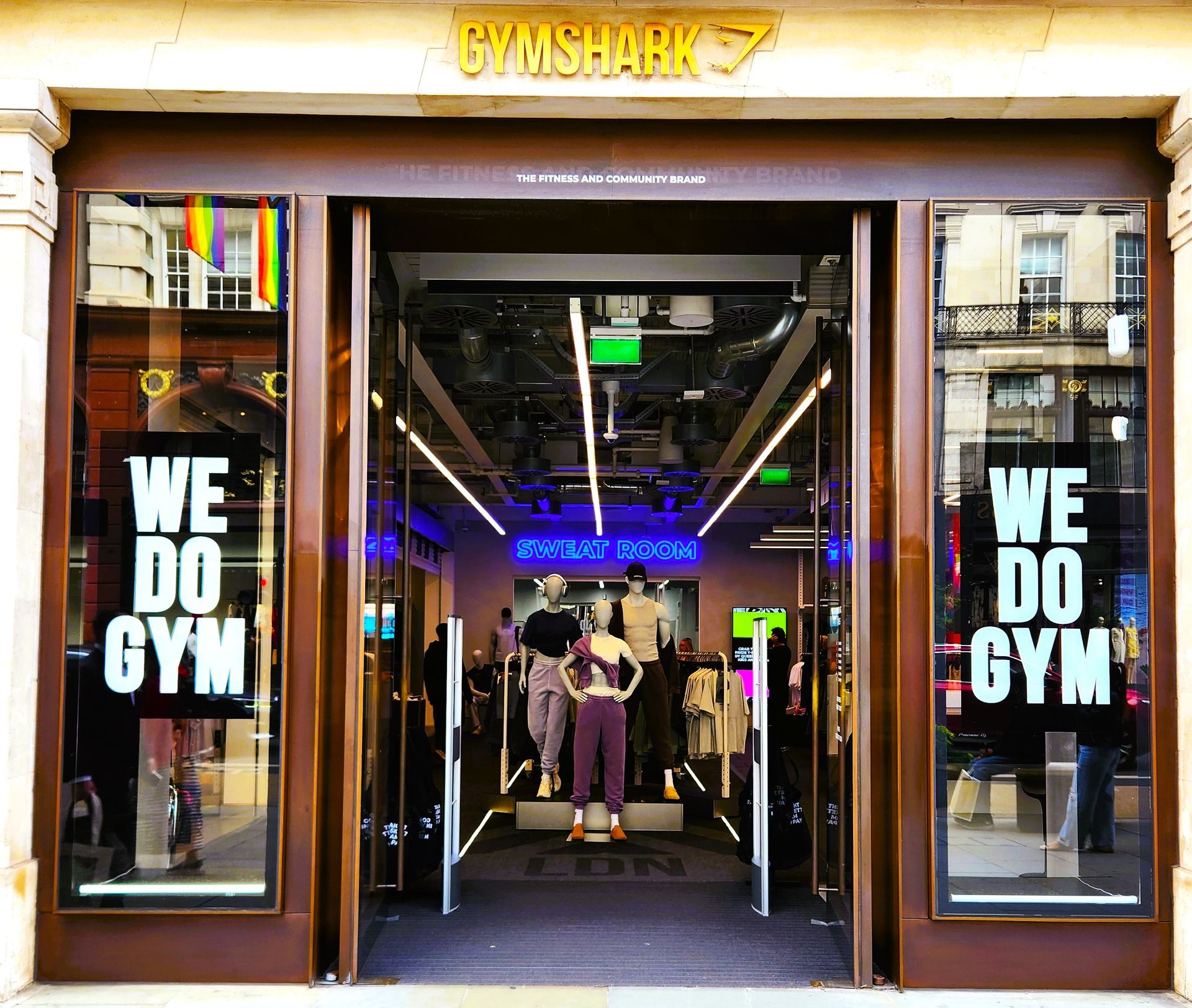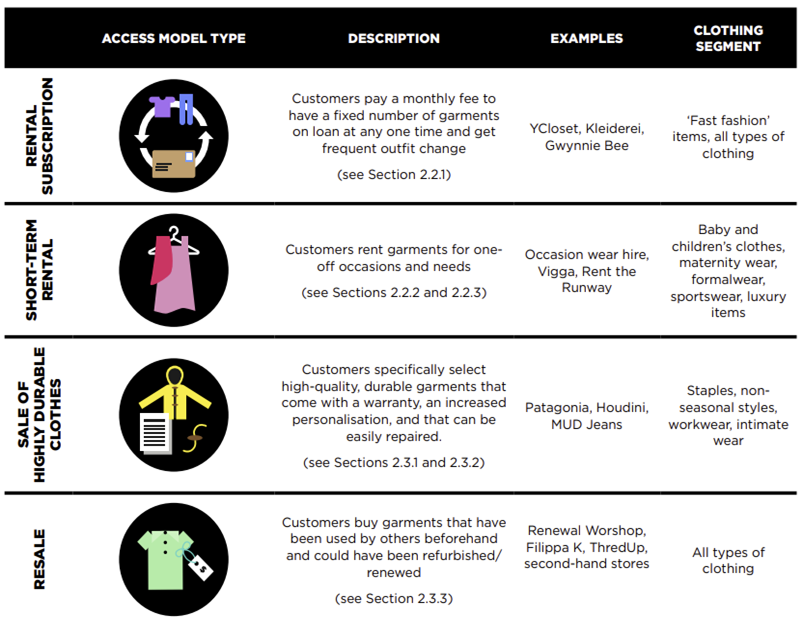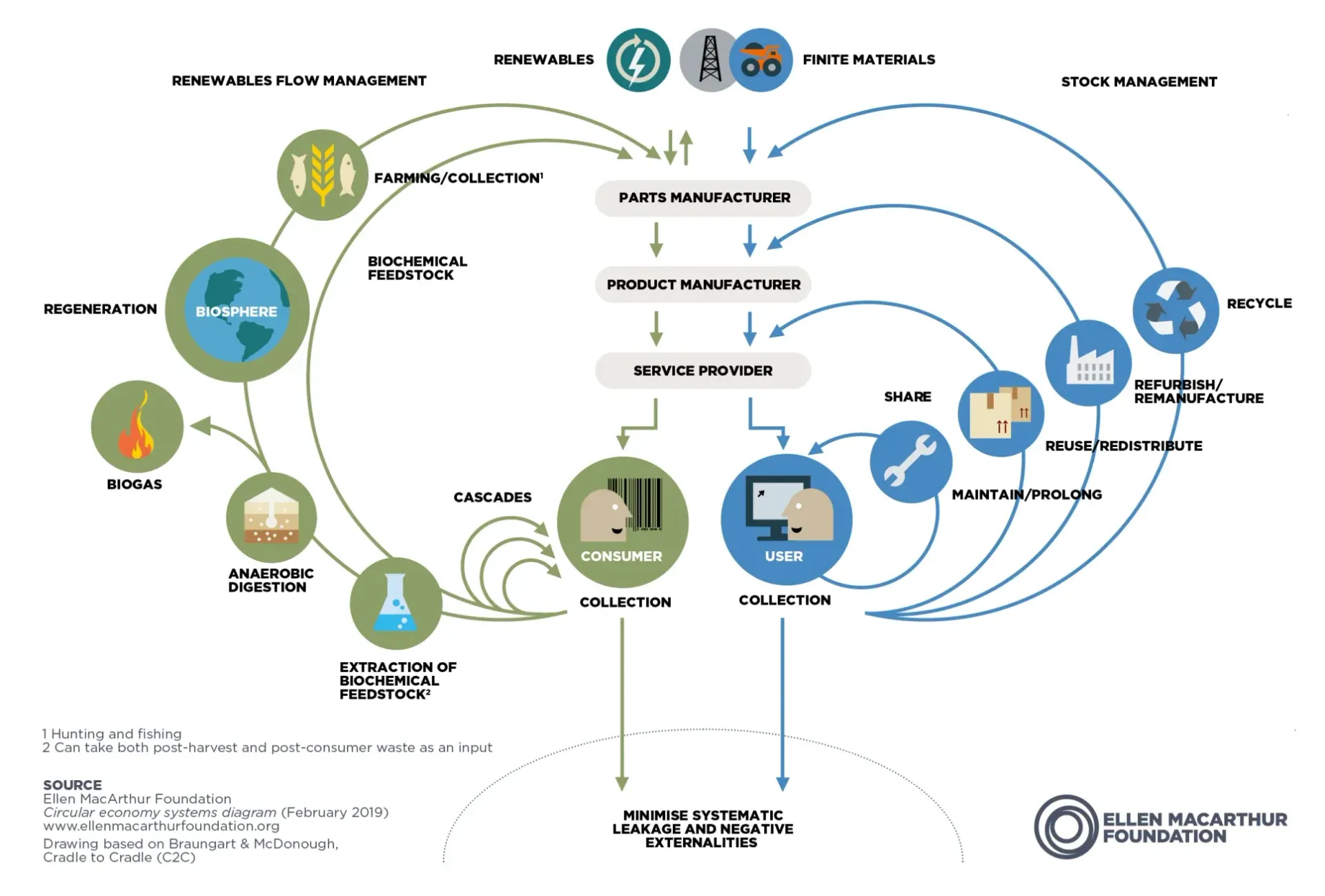THE DIGITAL TRANSFORMATION OF RETAIL

THE DIGITAL TRANSFORMATION OF RETAIL
A report from Statista argues that the digital revolution with the #Internet of Things (IoT), #Virtual Reality (VR), #Artificial Intelligence (AI), etc., is forecasted to replace and perform many retail jobs by 2030 in the UK (Statista, 2022). This report also estimates that 40% of the UK GenZ will use VR for shopping by 2030. On a global scale, some analysis indicates that the retail digital transformation market is expected to reach £320 billion by 2026.
However, digitalising a company's processes and services is not a goal "per se". It has to be considered as a plan embedded in the business strategy to gain and maintain a competitive advantage in resources and capabilities. The tangible outcomes of a digital strategy implementation are improvements in efficiencies, maximisation in revenue growth, operational cost reductions and, ultimately, greater customer engagement and satisfaction.
There is a wide offer of new #technologies available in the market to implement in different business areas, and the critical decision executives need to make is the primary objective their companies want to achieve to invest their resources. For example, suppose your company needs to maximise the value of a collection production in terms of volume, sales expectations, units allocation per store, and product efficiency rotation in the whole omnichannel. In that case, specific #AI software can help you reduce costs and waste and provide excellent customer service. Additionally, you might be willing to improve your CR% by analysing your customer journey and most visited areas, what type of products stand out in their journey and what their demographics are while creating a more seamless journey experience for them; again, AI will help you to do so.
#Digitaltransformation can create unique experiential shopping, such as virtual fitting rooms, hologram mannequins, interactive AI shopping assistants, and cashless final journeys. The future of retail is now and undoubtedly will be linked to excellent engagement and experience with consumers through digital transformation and creative spaces in brick-and-mortar stores.
To implement a Digital transformation strategy, several steps will guide your company to be successful, such as understanding what is needed, aligning the objectives and decisions, being prepared for the cultural change within the organisation, creating a plan and a road map that starts for the small and follows to the more prominent, and most importantly to involve everyone in the company while being accompanied by the right partners and experts.
All Rights Reserved | Retail Consulting & Advisory Services Ltd.
Ismael Gonzalez - Founder and Managing Director
© 2022 Retail Consulting & Advisory Services LTD. Company Registration Number 14234794. Privacy Policy









